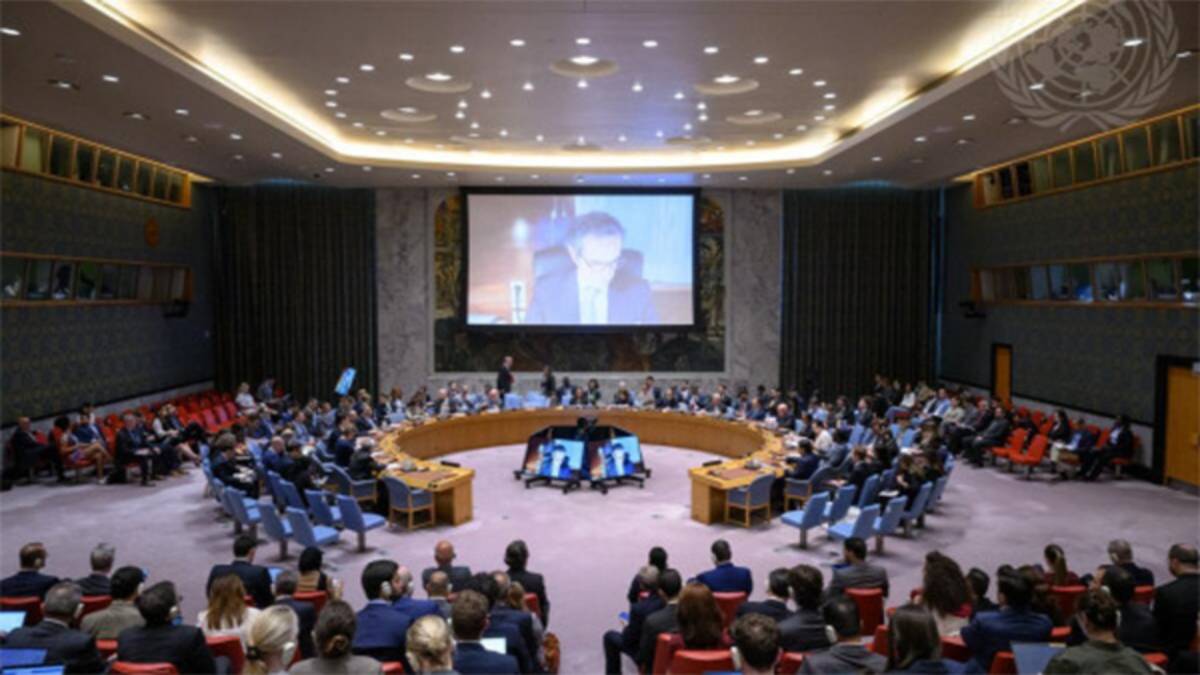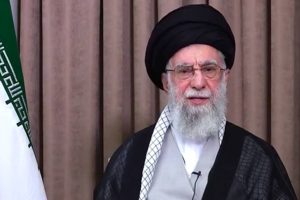The International Atomic Energy Agency (IAEA) has confirmed internal radiological and chemical contamination at Iran’s Natanz nuclear facility following Israeli airstrikes, though external radiation levels remain within safe limits, posing no immediate threat to the public or environment.
In a briefing to the United Nations Security Council on Friday, IAEA Director General Rafael Grossi stated that Israel’s strikes destroyed the above-ground section of the Pilot Fuel Enrichment Plant at Natanz, where uranium was being enriched up to 60% U-235. He confirmed that “alpha particle radiation” is present inside the facility, but can be managed with appropriate safety measures.
Grossi reported that while the underground cascade hall housing centrifuges appears physically intact, the destruction of the facility’s electrical systems — both main and backup — may have compromised sensitive equipment.
“We are in continuous contact with Iran’s Nuclear Regulatory Authority to assess the damage and ensure nuclear safety,” said Grossi, adding that Iran confirmed Natanz was the only site directly hit, though there were near misses reported at other sensitive nuclear installations like Fordow and Esfahan.
The strikes, part of Israel’s Operation Rising Lion, were described by Prime Minister Netanyahu as a “pre-emptive” move to disrupt what he claimed was Iran’s imminent development of nuclear weapons. The Israeli Defence Forces (IDF) said on social media that Iran’s nuclear capabilities pose an existential threat and that Israel “had no choice but to act.”
The IAEA, meanwhile, warned of the grave consequences of attacking nuclear sites. Grossi stressed, “Nuclear facilities must never be targets in military conflicts. Such actions jeopardize international peace and nuclear non-proliferation efforts.”
He also noted that the IAEA’s Incident and Emergency Centre remains in constant communication with Iranian authorities, and a task force has been set up to monitor the situation around the clock. Grossi added that he is ready to travel to the region to directly assess the situation and coordinate safety measures.
In retaliation for the Israeli strikes, Iran launched a barrage of loitering munitions and missiles at Tel Aviv, as reported by CNN, which also claimed that several Iranian nuclear scientists and top military officials were killed in the initial Israeli assault. Israel has continued its counteroffensive in response.
Grossi concluded his statement by urging all parties to exercise maximum restraint to prevent further escalation and reaffirmed the IAEA’s commitment to nuclear safety, security, and non-proliferation amid the ongoing conflict.





